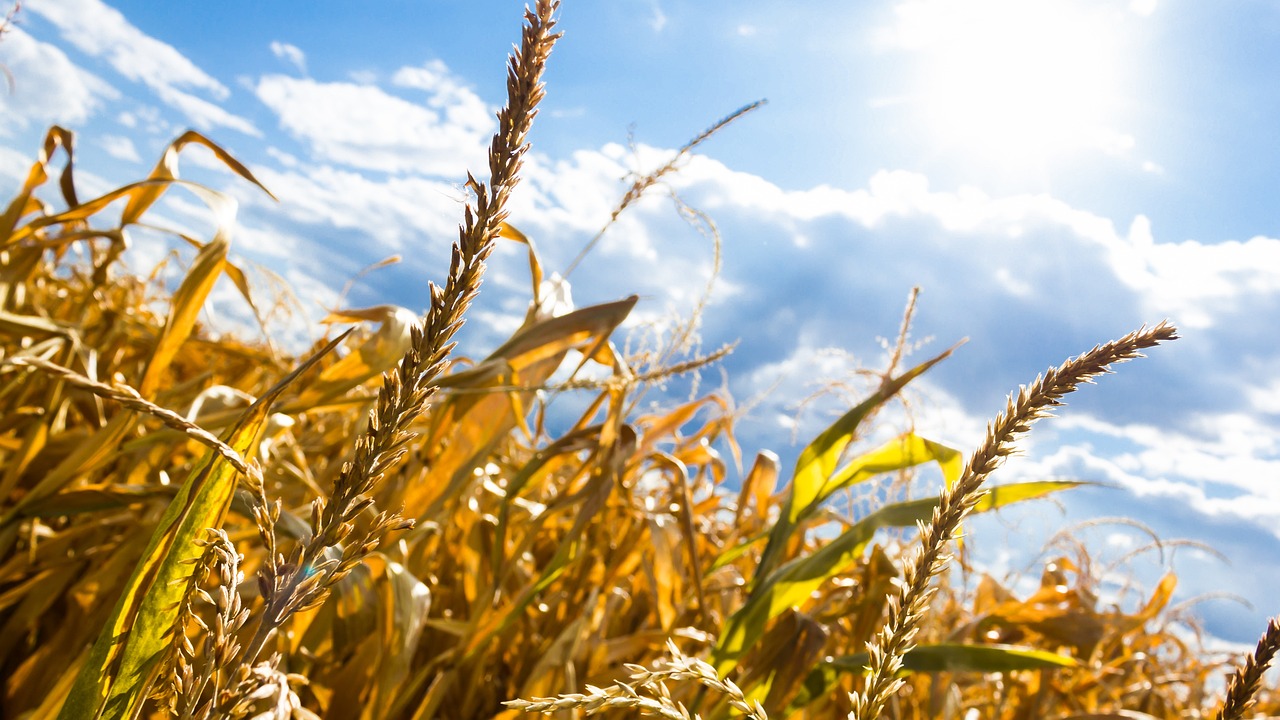Robert Velazquez is a law student at the University of Maryland Francis King Carey School of Law and is a guest contributor to this blog.
For many people the thought of performing back breaking manual labor in triple digit heat seems unfathomable, but for farmworkers harvesting America’s produce, it’s another day at the office. Farmworkers who spend most of their days in fields under the sun and physically exerting themselves are at an elevated risk of developing heat-related illnesses. According to the CDC, heat-related illness is a condition resulting from extreme heat exposure where the body becomes unable to properly cool itself causing muscle cramping, fatigue, nausea, vomiting, and in extreme cases, death. While the Occupational Safety and Health Administration (“OSHA”) states that employers have a general duty of care to provide their employees with a place of employment that “is free from recognized hazards that are causing or likely to cause death or serious harm to employees,” there is no official rule or law protecting farmworkers from extreme heat exposure. This leaves some of our nation’s most essential workers unprotected as temperatures across the country rise due to global climate change. One of the FBLE’s goals in the next farm bill is to enact these needed farmworker protections to ensure our agricultural sector is operating efficiently and safely.
The CDC reports that from 1999 to 2010 there were 8,081 heat-related deaths in the United States. In recent years there have been reports of farmworkers that died due to extreme heat exposure at work. In 2004, Asuncion Valdivia died from heat-related complications after working a 10-hour shift in 105-degree weather on a California vineyard. In 2021, a farmworker in Oregon, Sebastian Francisco Perez, died during a heat wave in June where temperatures reached 115 degrees Fahrenheit. In both of those cases there were no state or federal heat stress standards to protect workers from heat-related illnesses. With temperatures steadily rising due to climate change scientists warn that days with a heat index above 90-degrees will more than double before the end of the century. As such, it is imperative to pass a federal heat stress standard to protect generations of farmworkers from a decidedly preventable death.
In October 2021, OSHA announced that it would pursue rulemaking a national heat-stress standard. The proposed rule would seek to address the issue in a multi-pronged effort ranging from education requirements for employers as well as requiring hydration and shade breaks for workers engaged in extreme heat-related work. If adopted and enforced, these measures would go far in offering meaningful workplace protections for a vulnerable workforce that is historically exploited. However, considering the Supreme Court’s ruling in West Virginia v. EPA, which held that an agency must point to clear congressional authorization when it seeks to regulate a “significant portion of the American economy,” Congress should still pursue legislative action to ensure that OSHA’s authority and final rule are not challenged or disturbed by the major questions doctrine.
Members of Congress have already introduced legislation that would require OSHA to promulgate heat stress standards. The Asuncion Valdivia Heat Illness and Fatality Prevention Act would direct OSHA to create and enforce worker protections for individuals engaged in excessively hot workplaces. The bill also includes whistle blower protections to ensure that workers are not retaliated against when raising concerns about the safety of their work conditions. When added to the farm bill, a provision should be included to deem farmers who violate the law ineligible from participating in USDA safety net programs that offer technical or financial support, thus increasing the incentive for compliance.
While worker protections are typically regulated by OSHA and not the USDA, these protections should still be included in a farm bill because farm labor is so integral to the agricultural industry. Inclusion of these provisions would ensure that farmworkers, whom the agriculture industry relies upon, remain healthy and able bodied to ensure production without sacrificing human capital. These provisions would create lasting worker protections that ensure a prosperous agriculture industry without the fear of illness or death among its most essential workers.
The views and opinions expressed on the FBLE Blog are those of the authors and do not necessarily reflect the official policy or position of FBLE. While we review posts for accuracy, we cannot guarantee the reliability and completeness of any legal analysis presented; posts on this Blog do not constitute legal advice. If you discover an error, please reach out to contact@farmbilllaw.org.


